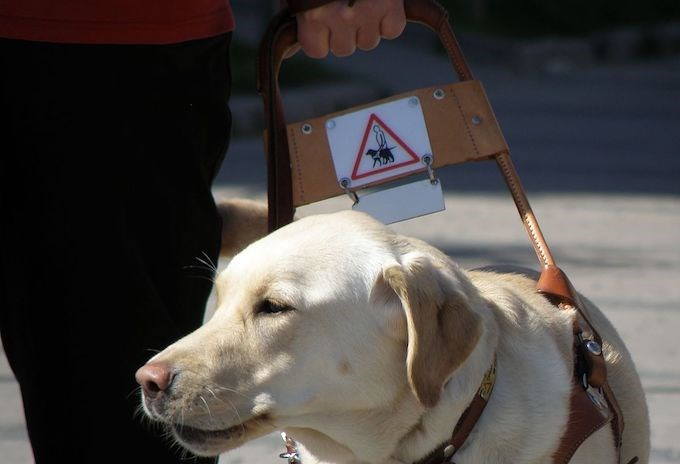Editor's note: This story was originally published by Colorado Newsline. Read the original story here.
***
DENVER — With the Nov. 3 presidential election just around the corner, Colorado's disability community is working to make sure all eligible voters will be able to cast ballots.
Jennifer Levin, senior attorney for Disability Law Colorado said the safest way to vote during the health crisis is by mail, but all options are on the table for people with disabilities.
Levin said concerns about potential voter fraud for mail-in ballots are unfounded, and noted Colorado has been voting by mail without incident for years, in part because the state sets strict security practices.
"Colorado has a lot of checks and balances in place to make sure that this is your ballot," Levin said. "And when you sign your ballot, that signature on your ballot is matched with the signature in the database where you registered."
With recent challenges facing the U.S. Postal Service, Levin said voting early is a good idea to ensure ballots arrive on time, and don't forget to use two 55-cent stamps.
Voters also can take their ballots to any official drop-off box, which can be found online at JustVoteColorado.org. If voters encounter any obstacles, there's a toll-free hotline for assistance. English speakers can call 866-687-8683, and for assistance in Spanish, call 888-839-8682.
Colorado now allows people with disabilities to request an online ballot, so voters can use assistive technologies connected to home computers to mark up ballots on their own.
For those who want to perform their civic duty in person, Darla Stuart, executive director for with the group Think+Change, is encouraging election judges, poll watchers and volunteers to put plans in place now to support a wide range of disabilities.
"This could be people who are deaf, hard of hearing, individuals that are blind or visually impaired, folks who use service animals," Stuart said. "So it's really not just one size fits all, it's not like 'I put a ramp in front of the voting site and I'm good to go.' "
The Help America Vote Act passed in 2002. It requires jurisdictions responsible for federal elections to provide at least one accessible voting system at each polling site.
Stuart said reasonable accommodations include providing an audio option for people with visual impairments, having someone on hand fluent in sign language, and allowing service animals.



